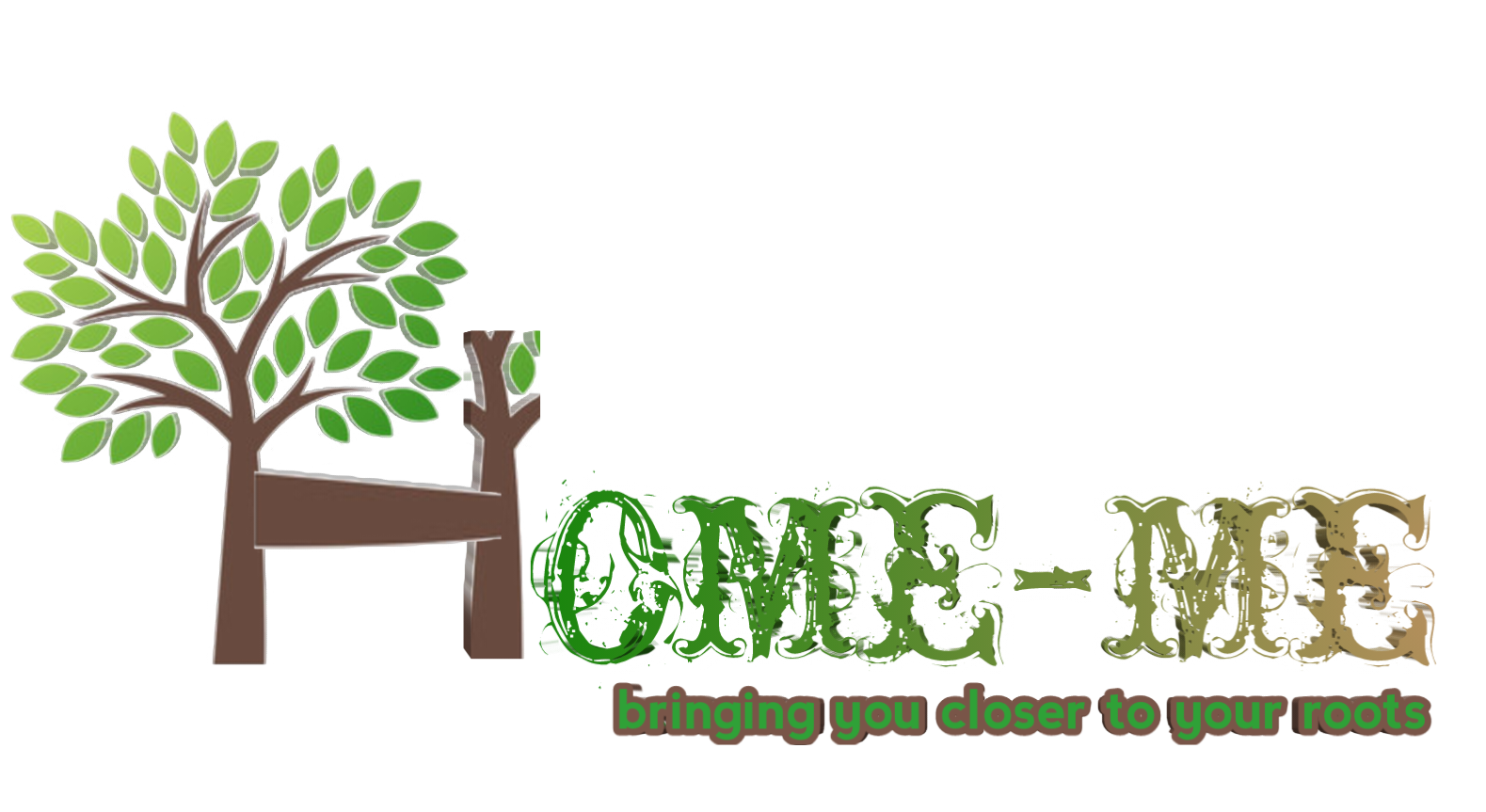The Bakweri Culture
About
The Bakweri are a Bantu population of Central Africa established in the South West region of Cameroon , mainly in Buea , on the slopes of Mount Cameroon and the surrounding coastal villages
History
Bakweri were divided into the urban and rural areas. Those who lived in the central business districts like Limbe, Buea, Tiko and Muyuka were involved in skilled and unskilled professions. The rural Bakweri on the contrary worked as farmers, making use of mount Cameroon’s fertile volcanic soil to cultivate crops like cocoyam, maize, oil palm and plantains.
Traditional Bakweri society was divided into three strata. At the top were the native Bakweri with full rights of land ownership. The next consisted either non-Bakweri descendants of slaves and the last group were the slaves. The chiefs and headmen were at the top of this hierarchy in the past even though in recent times the figures have very little power in their own right as important issues are no decided by the committees and no longer secret societies and council of elders.
The Bakweri tribal group which was believed to have diverse origin like many other ethnic groups was attached to the Bantu family and had a decentralized society. Here we shall examine the family unit as a societal and political base, then the village council and the role of the chief further more we shall focus on the social and the economic organizations of this people.
Tradition
The language, Bakweri, Baakpe (Guthrie 1953), or typically simply Mòkpè is classified as part of the Bantu family (A.22) and is closely related to Bomboko (A.21), Isubu (A.23), Duala (A.24) and other languages of the Duala group (A.20). Dialect variation is said to exist but has not been systematically studied.
The Mount Cameroon National Park is one of the biodiversity parks in Cameroon and a hotspot for ecotourism and sports events such as the Annual Mount Cameroon Race of Hope. For the Bakweri people, the national park has long been a resource for their livelihood. This is because the Bakwerians believe that Efasa-Moto (the god of the mountain) had blessed the rich and fertile volcanic soil to produce an abundance of crops. Among these crops are cocoyams and palm nuts that make up the two key ingredients in the traditional dish of the Bakweri people. Kwacoco and Mbanga Soup which is traditionally known to the Bakwerians as Ngonya Mosaka is made from grated cocoyams and palm nut juice.
The bakweri people are known for their intellectual proficiency and pride. They have produced many great and influential minds in Cameroon.
